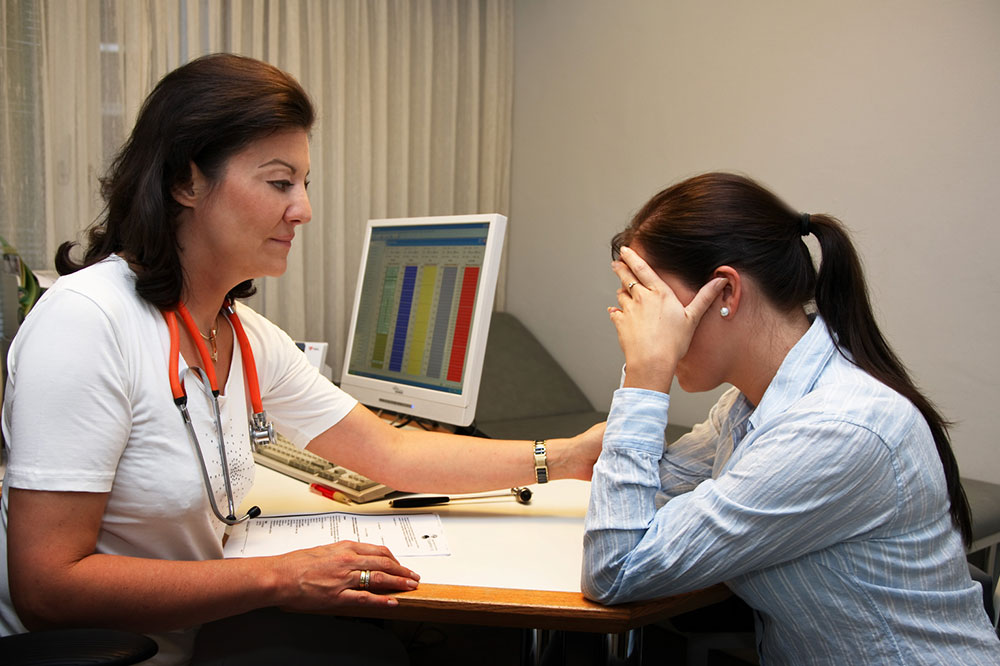
Risk Factors for Ovarian Cancer
Risk factors are those things that increase the chances of contracting a particular disease or disorder. Ovarian cancer is known as a silent killer as most women only detect it in the later stages. Therefore, it is important to know the risk factors for ovarian cancer and to go for regular check-ups to prevent and detect it early. If the disease is diagnosed in the early stages, the prognosis of the same is good.
Top risk factors of Ovarian Cancer
Age
Advancing age is one of the risk factors for ovarian cancer . It normally occurs after a woman goes through menopause. It has been seen that women who are affected are 60 years or older.
Being overweight
When your weight is more than normal, you increase your chances of gynecological cancers such as ovarian cancer. A BMI of more than thirty increases your risk for ovarian cancer. This is the most potent of all the risk factors for ovarian cancer . Eating right and exercising is one of the most efficient ways of reducing weight and preventing chronic diseases like cancer.
Late pregnancy
Women who opt to have children later in their lives, after 35 or older, or those that opt not to have children may increase their risk for ovarian cancer.
Hormone replacement therapy
Some women opt for hormone replacement therapy, including estrogens or progesterone therapy to cope with menopause. This can increase the risk of ovarian cancer.
Family history
If someone in your family has suffered ovarian cancer such as your mother, sister or a close relative, it can increase your risk for the disease.
Gene mutations
Women with BRCA1 and BRCA2 mutations are at a higher risk for ovarian cancer.
STK11 gene mutation
Women with Peutz-Jeghers syndrome develop polyps in the stomach or intestine when they enter their teens and are at high risk for ovarian cancer.
Other genes responsible for ovarian cancer
Genes including ATM, BRIPI, and RAD5ID are linked to ovarian cancer along with other types of cancers. It is advisable to go for genetic testing if someone in your family has either had breast cancer or ovarian cancer as these mutations are also risk factors for ovarian cancer.
Treatment for fertility issues
Women who undergo fertility treatment can increase their potential risk of ovarian cancer. Before choosing any type of fertility treatment you need to the outcome and the risks of the treatment with your doctor.
Breast cancer
Some women who have had breast cancer or colorectal cancer are at risk for ovarian cancer. Your chances of developing the cancer can increase if someone in your family has had a history of ovarian or breast cancer.
Smoking
Though smoking may not be directly linked to ovarian cancer, it is three times more likely to increase cancer risk.
Ovarian cancer has a potential threat due to multiple reasons. But with appropriate care and awareness, its risk can be reduced to a great extent.


